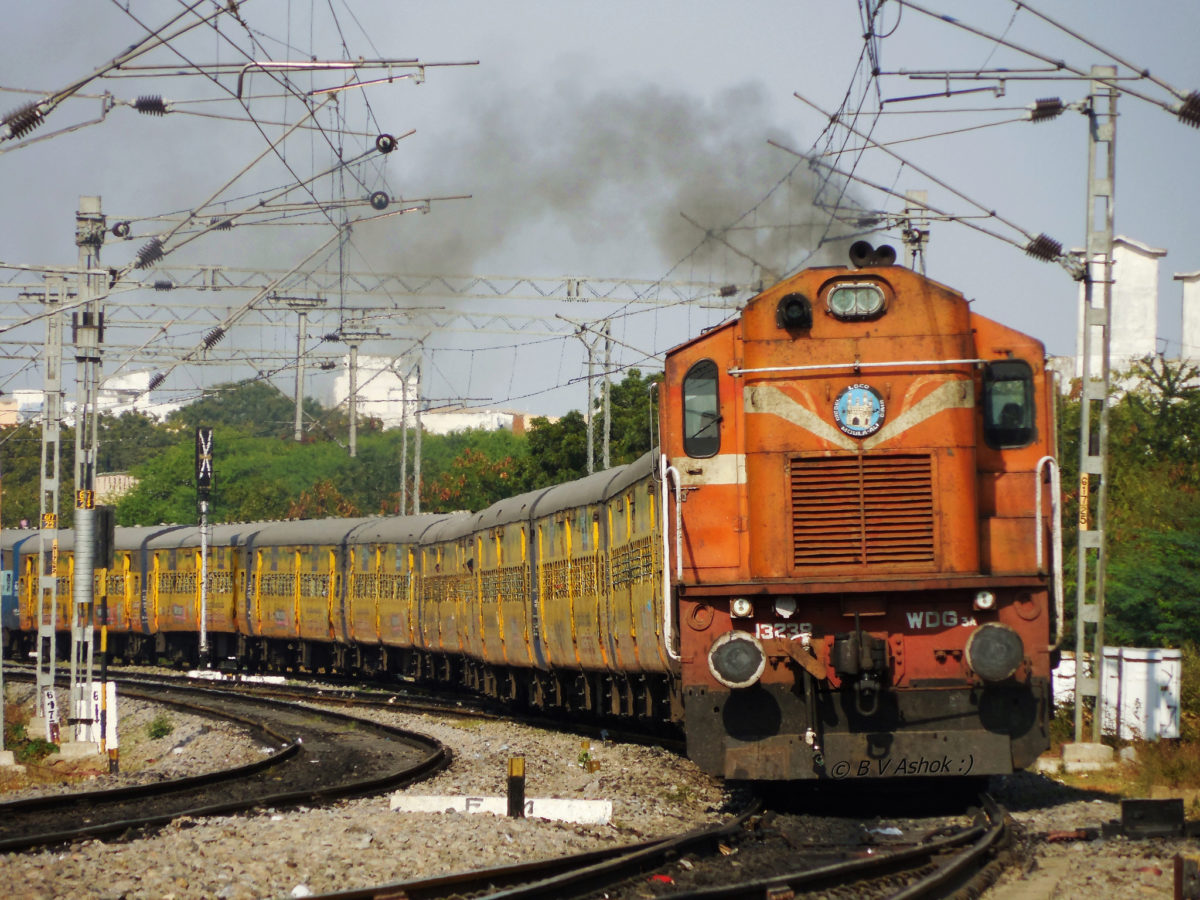Indian Railways—the nation’s largest electricity consumer, with 2.4% of total consumption, and the third largest high-speed diesel user, with 2.6 billion liters consumed annually—plans to install 500 MW rooftop solar plants by 2021-22. Of the targeted capacity, so far 95.67 MW has already been put up on various Railway buildings, including 835 Railway stations, while 248.46 MW capacity is under various stages of execution.
This information was shared by Minister of Railways and Commerce & Industry, Piyush Goyal, recently in Lok Sabha.
In terms of zone-wise installation, South Western Railway leads with 132 number of stations provided with solar panels, followed by East Central Railway (105) and North Western Railway (104).
“Solar panels will be installed in other stations depending upon site availability and feasibility,” shared Goyal.
“Tenders for 248.46 MW capacity have been awarded by Railway Energy Management Company Limited and are under different stages of execution. This will cover the rooftops of Railway station platforms shelters and various other Railway buildings,” he added.
Of the 248.46 MW upcoming capacity, South Central Railway will account for the maximum at 33.14 MW, followed by South Eastern Railway (24.94 MW) and Northern Railway (23.63 MW).
Most of the rooftop solar installation work is being done in public-private partnership mode (developer mode) by private partners, in which Railways do not have to incur capital expenditure. Work of provision of solar panels on trains is also being done by private partners.
This content is protected by copyright and may not be reused. If you want to cooperate with us and would like to reuse some of our content, please contact: editors@pv-magazine.com.









By submitting this form you agree to pv magazine using your data for the purposes of publishing your comment.
Your personal data will only be disclosed or otherwise transmitted to third parties for the purposes of spam filtering or if this is necessary for technical maintenance of the website. Any other transfer to third parties will not take place unless this is justified on the basis of applicable data protection regulations or if pv magazine is legally obliged to do so.
You may revoke this consent at any time with effect for the future, in which case your personal data will be deleted immediately. Otherwise, your data will be deleted if pv magazine has processed your request or the purpose of data storage is fulfilled.
Further information on data privacy can be found in our Data Protection Policy.